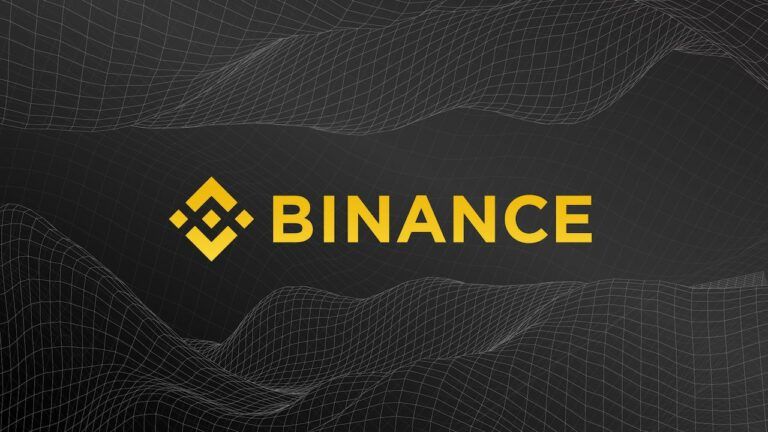Binance’s native blockchain, Binance Chain, which recently completed the “Nightingale” hardfork upgrade, offers a new feature—the BEP8 format token—that will make it much easier and cheaper for small projects to issue and list their own tokens.
Binance Chain is “a blockchain software system developed by Binance and its community,” and it is the blockchain that Binance’s decentralized exchange Binance DEX runs on top of. The Binance Chain mainnet was launched on 18 April 2019. Binance Coin (BNB) is the native asset on Binance Chain.
The community of developers who are building on Binance Chain is called the Binance Chain Development Community (BCDC).
Ever since Binance Chain was launched, third-party developers had been asking Binance to add support for smart contracts. Binance was reluctant to add this support because it did not want to potentially slow down Binance Chain.
Well, in April, Binance announced that the BCDC had proposed the idea of building a new “high performance” blockchain called “Binance Smart Chain” that would run in parallel to the existing Binance Chain, but would also allow smart contracts via support for the Ethereum Virtual Machine (EVM).
The idea of this “dual-chain architecture” is that users/developers will build their decentralized apps (DApps) and digital assets on Binance Smart Chain, while being able to use Binance DEX, which is powered by Binance Chain, for trading of assets on both chains.
According to Binance, these are main advantages of Binance Smart Chain:
- by being EVM-compatible, it will support “all of the existing Ethereum tooling along with faster and cheaper transactions”;
- its interoperability with Binance Chain means that it will support “cross-chain communication and scaling of high-performance dApps that require fast and smooth user experience”; and
- its on-chain governance (Proof of Staked Authority) is based on 21 validators, which means that it is sufficiently decentralized.
Last week’s Nightingale upgrade to Binance Chain introduced two major new features:
- The BEP8 token (aka “MiniToken”).
- The ability for BEP2 token issuers to “list their assets against BUSD-BD1 without the requirement of creating BNB pair first.”
With regard to the new BEP 8 token, here is how Binance explains the motivation behind it:
“Currently, the cost to get a BEP2 token listed on Binance DEX is about 1500BNB, which is a big barrier to many small, promising projects.
“To build a more comprehensive venue for token trading, the idea of BEP8 Tokens is raised to accommodate the small or micro-projects, intellectual properties, and other small token economies.
“Based on the limitation usage of the network, the cost of issuing and listing of such BEP8 tokens are minimized to a different magnitude.
“Besides, any BEP8 token issuer can choose to directly list against BNB and BUSD without the voting process of validators.
“Stablecoin pairs of BEP8 will provide a UX advantage and make any two BEP8 tokens exchangeable.”
In a press release shared earlier today with CryptoGlobe, Binance said:
“Compared to BEP2 tokens, it is more convenient and affordable to issue and list BEP8 tokens. Users can spend as low as 3 BNB to create BEP8 tokens. The way mini-tokens function can be compared to the Small and Medium Enterprise (SME) boards in traditional stock markets.”
Here are the main benefits of the new BEP8 token:

The other announcement in today’s press release was an update on the progress of work on Binance Smart Chain.
Back in late May, the Binance Smart Chain team “rolled out the first testnet, named Rialto”; this offered “support for developing decentralized apps and the use of Proof of Staked Authority consensus, as well as the ability to stake and delegate BNB for election on Binance Smart Chain validators and to bind tokens across two blockchains for seamless transfer of tokens.”
Recently, the team rolled out an update (called “Chapel”) to the Binance Smart Chain testnet that aims to provide “better security and new features on Binance Smart Chain.”
And in August, we can expect the Binance Smart Chain testnet to have a new version called “Millau”. As for the mainnet launch of Binance Smart Chain, this is expected to take place sometime in Q3 2020.
Featured Image Courtesy of Binance









